One family is urging Americans to practice caution while spending time outdoors this summer. After their daughter was hospitalized for the rare Eastern equine encephalitis virus the Garabedian family hopes to raise awareness of the mosquito-borne illness. While Sophia, 6, is progressing, it’s too soon to tell if she might have permanent damage. That’s why the family wants others to be “vigilant” about EEE.
“Sophia seems to be improving more and more. She does have a long way to go. She’s in therapy for the foreseeable future,” Kirstin Garabedian, 48, a commercial contract specialist in Sudbury, Massachusetts, told TODAY. “Just stay vigilant. Just everybody being outside with coronavirus, just do not forget about EEE. It is out here. It’s super damaging.”
From slight fever to intensive care unit
The day before then 5-year-old Sophia’s first day of kindergarten in 2019 she developed a “low-grade fever.” At first, Garabedian wondered if nerves were responsible.
“She seemed off to me. I can’t explain how, but she did not seem like herself,” she said. “I was thinking it was just jitters from starting school.”
So Garabedian did what any parent would — she gave Sophia children’s Tylenol and monitored her. By the next morning, Sophia’s fever broke and she started school. By the weekend, though, Garabedian noticed more suspicious symptoms. The fever returned, then in the middle of dinner, Sophia had a “bad bloody nose.” She also seemed to be sleeping more so her mother took her to the emergency room. Doctors there said Sophia had a virus and they encouraged rest and fever reducers.
“By Monday, Labor Day, she seemed to be turning a corner a little bit. She was still very tired,” Garabedian explained. “She was complaining of a headache.”
Garabedian was returning to work the next day, but her husband, David, decided to stay home with Sophia for one more day — just to be safe. When Garabedian went to check on her before leaving, she made a startling discovery.
“I went to kiss her goodbye,” she said. “She was unresponsive.”
They called an ambulance who rushed Sophia to Boston Children’s Hospital where a CT scan revealed that the girl’s brain was swelling.
“They didn’t know what was wrong,” Garabedian said. “There are all sorts of medications that you try just to eliminate what it could be.”
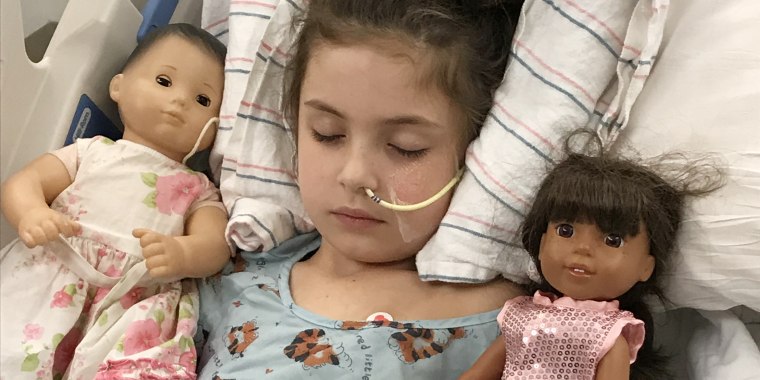
By Friday doctors understood why Sophia was so ill: She had EEE.
“We were absolutely shocked,” Garabedian said. “She had been around our house for a couple of weeks. We hadn’t traveled anywhere so it was somewhere in our vicinity and that made it scarier.”
What is EEE?
Caused by a virus carried by infected mosquitos, EEE is a rare, but sometimes deadly illness. According to the U.S. Centers for Disease Control and Prevention, infection remains so infrequent because mosquitos with it live near cedar or hardwood freshwater swamps. Most cases of EEE occur in Florida, Massachusetts, New York and North Carolina, though Michigan reported cases last year.
The Massachusetts Department of Public Health declined TODAY’s request for an interview. But according to its website, only 110 cases of EEE have occurred in the state since it was first detected in 1938. Outbreaks generally happen every 10 to 20 years with the most recent bout starting in 2019, which resulted in 12 cases, half of which were fatal. The virus infects people of any age, but people younger than 15 and older than 50 seem to be more at risk.
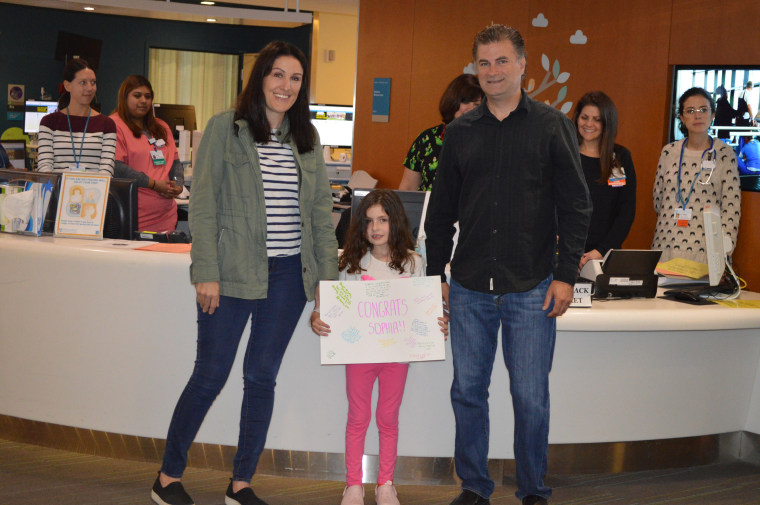
Three to 10 days after a bite from an infected mosquito the symptoms start. Signs of the illness include:
- Fever (103 to 106-degree Fahrenheit)
- Stiff neck
- Headache
- Lethargy
It causes inflammation in the brain, also known as encephalitis, which is a dangerous condition that can lead to a coma and death.
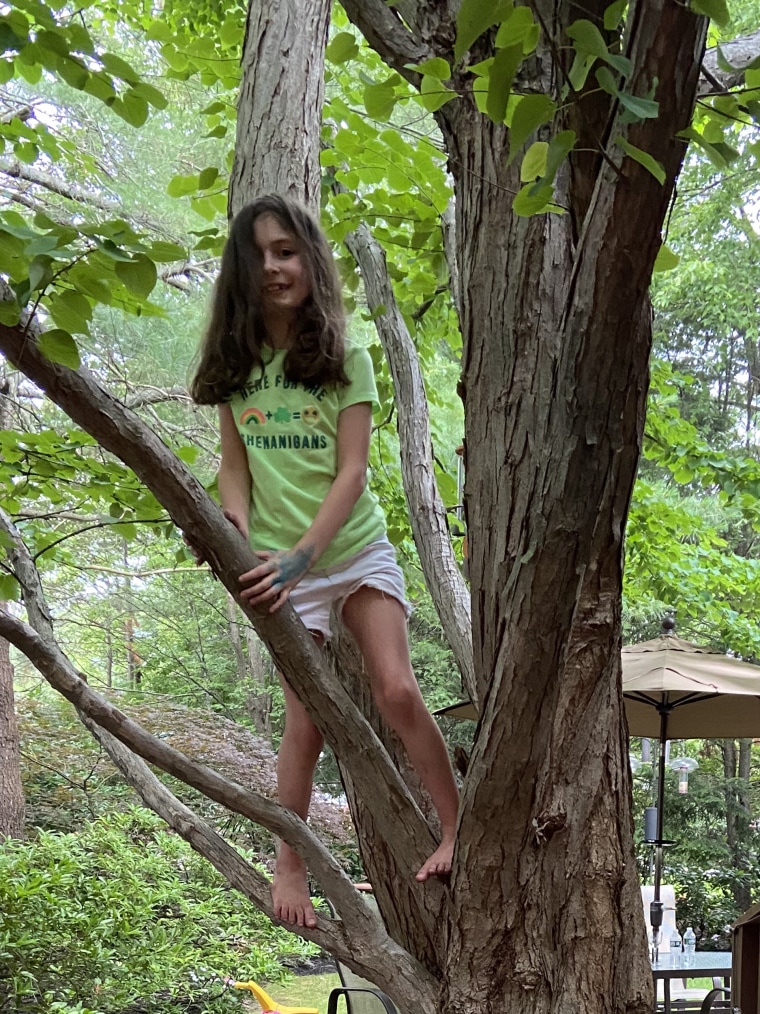
According to the CDC, EEE has no treatment and approximately a third of all people with encephalitis due to the virus die. Those who survive often have long-lasting disabilities. Few, if any people, make a full recovery.
For many, detecting EEE remains challenging. Fever and headache are signs of a variety of illnesses, including flu and COVID-19.
“I never thought in a million years Sophia had triple E. I just thought it was a summer cold or virus,” she said. “That’s the thing. It can mimic other illnesses.”
Recovery
After a little over a week in the intensive care unit, Sophia went to Spaulding Rehab to start inpatient recovery for two weeks. Sophia still experiences some cognitive problems. When she saw her grandfather, who she is close to, she didn’t recognize him.
“It was terrifying,” Garabedian said.
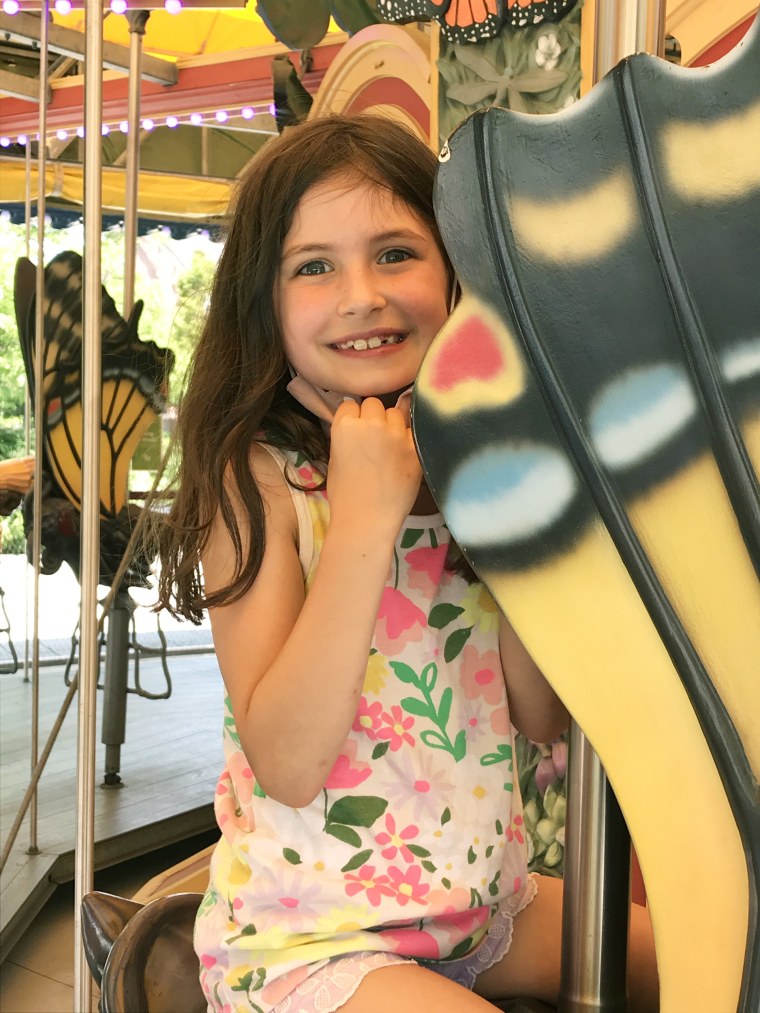
She had some issues with balance but physical therapy worked quickly for her. She also acts out more than before. But she still attends outpatient therapy and started playing soccer.
“Her memory is still trying to build itself back up,” she said. “It’s getting better but she’s just not there yet.”
Doctors and therapists hope that because Sophia's brain is still developing that she will be able to overcome many challenges. Though, they warned the family it could take at least two years to understand the full impact of the illness.
While the family always wore bug spray when they went outside, now they wear products with DEET in it to offer more protection. They had their yard sprayed for mosquitos and they avoid going outside in the morning or at dusk, all of which protect people from mosquito bites.
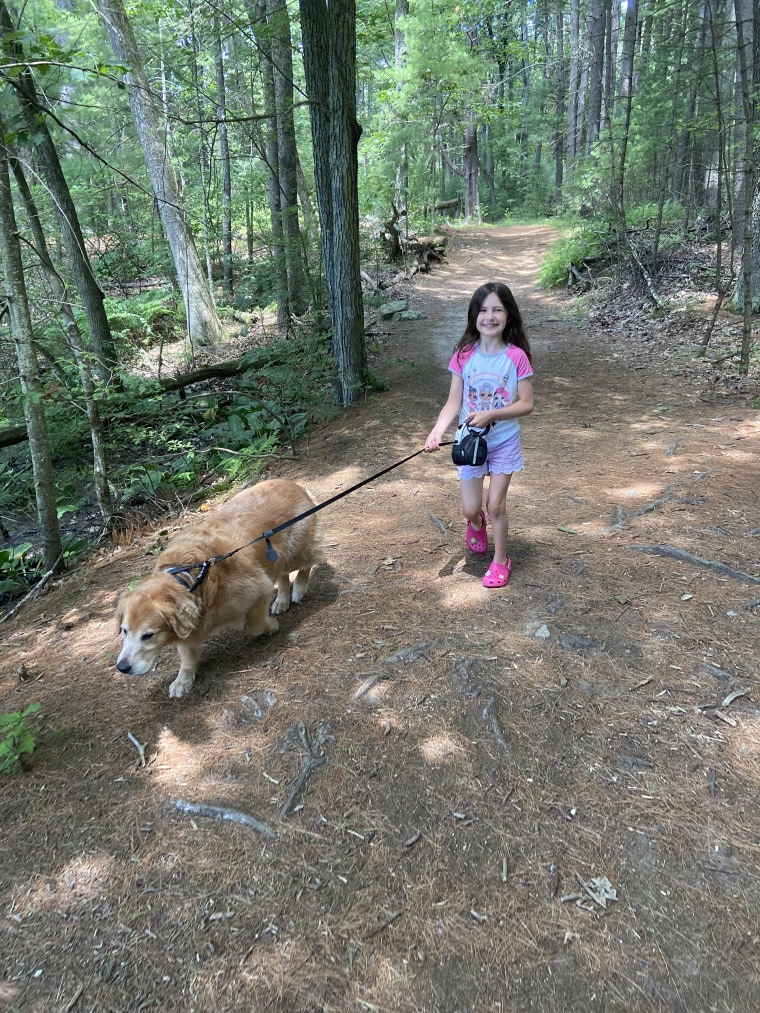
“Use bug spray and stay vigilant,” Garabedian said. “Just use common sense. When it’s dusk come in.”

